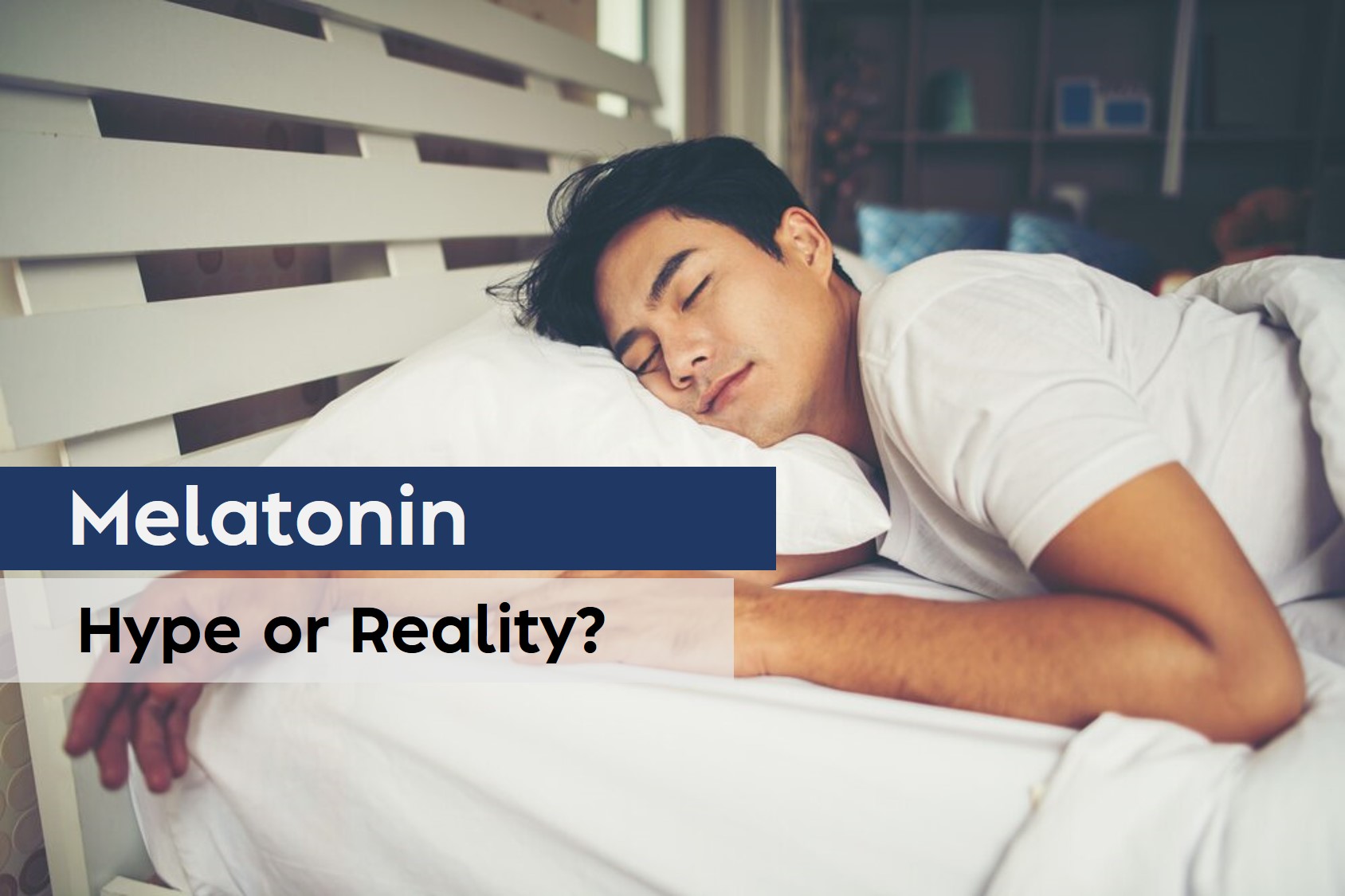Recently because of the renewed interest in the use natural medication for treatment of various illness and disease states, melatonin has been garnering a lot of limelight.
Sleep disorders are amongst the most common ailments suffered by a majority of people. Sleep disorders can vary in intensity and duration, and can be continuous or intermittent.
There are a few things that are very important to understand about sleep:
- Sleep is naturally restorative function of the body
- Sleep maintains the homeostasis required for optimal functioning
- Sleep disturbances can occur only in presence of external or internal stress environments
- Sleep autoregulates and keeps a track of its own duration.
The third point is very important to understand.
Evolutionarily, sleep has been auto regulated by the brain. Sleep is disturbed only when there is an external or internal threat. What that means is that; if there is any threat to the body externally or internally, sleep will diminish.
For e.g., if you are camping in a forest and there is an external threat of wild animals, sleep will be restricted.
If there is fever or cough or any other illness which is disturbing the body’s rhythm, sleep will be restricted.
Also, important to note is that once the body has overcome these challenges, sleep will return to normal and in-fact the body will try to cover for the lost sleep during this period. This phenomenon is known as sleep debt and it continues throughout life.
Now applying these principles in clinical practice, in the absence of any external or internal issue, sleep can never be disturbed.
People experiencing sleep issues can do so only on due to some psychological or physical issues.
Sometimes these issues are transient in nature, for e.g., a viral infection or some timeline that has to be met at work. In such cases there is a mild fluctuation in sleep and then the body returns to its normal rhythm.
In some cases, these fluctuations can last longer. Old age for e.g., is accompanied by a reduction in sleep duration, as the energy needs of the body are less.
Clinical depression or anxiety are conditions in which the normal sleep cycle is affected and cannot return to normal until a medical intervention is provided to the person.
So where does melatonin fit in all of this?
Melatonin is sleep promoting and maintaining hormone naturally secreted by the body.
Its production in the brain is triggered by diming of light and evolutionarily it was secreted towards the evening, signaling the body to prepare for sleep.
Its levels peak in around 4 hours, thus allowing people to go into a period of deep, restful sleep. Its levels reduce gradually towards the morning, with its secretions being completely stopped by 6 AM.
The recent trend has been to take melatonin for sleep disturbances irrespective of the underlying pathology.
It’s important to note, that supplementing melatonin externally may serve no purpose because there is no inherent deficiency in the body of melatonin.
Also in the modern world, where there are multiple sources of artificial light, melatonin production is very erratic and does not play a very intricate role in maintaining a sleep cycle.
Role of melatonin is most pronounced during Jet lags where there is a shift in the circadian rhythm of a person. Whenever there is a phase shift (either lag or early), role of melatonin is most pronounced.
But in case of patients who suffer from sleep disorders in the absence of a circadian change, melatonin is of limited help.
Going back to our previous explanation: people who stay in jungle also have melatonin production, but they still can’t sleep due to the perception of external threat. Melatonin production is intact in their bodies, but the threat perception has changed, hence there are other hormones which dominate and overrule the effect of melatonin.
Similarly, when there are psychological issues, stress and anxiety at play, they override the effects of melatonin and interfere with normal sleep.
So, to sum it up, melatonin should not be used as self-medication in patients with established clinical diagnosis to major depression and/or anxiety.
Source/s: Banner image by Freepik.com


